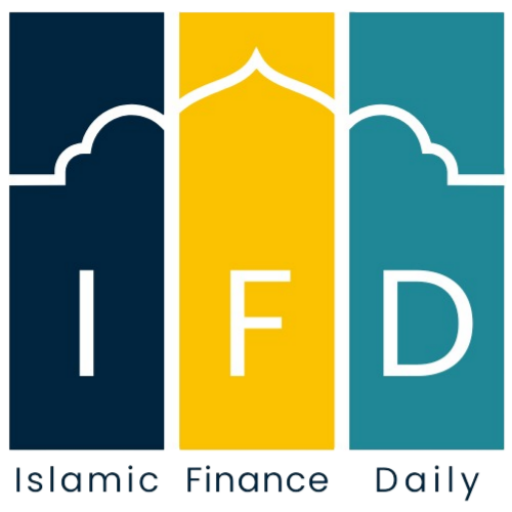Islamic finance has grown significantly over the past few decades, offering ethical alternatives to conventional financial products. However, a common question remains: Are Islamic financial products truly competitive? This blog explores their pricing, accessibility, risk structure, and market performance compared to conventional financial instruments.
Table of Contents
ToggleUnderstanding Islamic Financial Products
Islamic financial products comply with Shariah principles, which prohibit interest (riba), excessive uncertainty (gharar), and speculative transactions (maysir). Instead, they are based on profit-sharing, asset-backed transactions, and ethical investments. Key financial products include:
- Murabaha (Cost-Plus Financing) – Used in home and auto financing.
- Mudarabah (Profit-Sharing Investment) – Applied in investment accounts.
- Musharakah (Equity Partnership) – Used in home financing and business partnerships.
- Sukuk (Islamic Bonds) – An alternative to conventional bonds.
- Takaful (Islamic Insurance) – A risk-sharing insurance model.
Cost Competitiveness: Are Islamic Products More Expensive?
One of the main criticisms of Islamic finance is the perception that it is more expensive than conventional banking. While some Islamic financial products may have higher costs due to asset-backed structures and regulatory compliance, competitive pricing exists. For example:
| Product Type | Islamic Finance (Indicative Profit Rate) | Conventional Finance (Indicative Interest Rate) |
|---|---|---|
| Home Financing (Musharakah Mutanaqisah) | 4.5% – 6% | 3.5% – 5% |
| Personal Financing (Murabaha) | 5% – 8% | 4% – 7% |
| Corporate Sukuk | 3% – 5% | 2.5% – 4% |
Despite slightly higher costs in some cases, Islamic financial institutions have worked on reducing these gaps through increased competition and innovative structuring.
Risk and Stability: How Do Islamic Financial Products Compare?
Islamic finance promotes stability by focusing on tangible assets and profit-sharing instead of excessive leverage. During the 2008 financial crisis, Islamic banks were relatively less affected than conventional banks due to:
- Asset-backed financing, reducing exposure to high-risk speculative trading.
- Lower leverage levels, preventing excessive debt accumulation.
- Profit-sharing models, ensuring risks and rewards are distributed fairly.
For instance, during the financial crisis, Dubai Islamic Bank maintained better stability than many conventional banks that suffered from mortgage-backed securities exposure.
Profitability: Can Islamic Finance Generate Competitive Returns?
Islamic finance has demonstrated competitive returns in multiple sectors. A case study of Malaysia’s sukuk market shows that sukuk often matches or even outperforms conventional bonds in returns due to strong investor demand and Shariah compliance.
For example:
- Sukuk Issuance Growth: The global sukuk market exceeded $700 billion in 2023, showing increasing investor confidence.
- Islamic Equity Indices: The Dow Jones Islamic Market Index has performed on par with conventional equity indices, demonstrating profitability in Shariah-compliant investments.
Accessibility: Are Islamic Products Widely Available?
Islamic financial products are available in over 80 countries, with major markets in the Middle East, Southeast Asia, and parts of Europe. However, accessibility remains a challenge in Western countries due to:
- Regulatory restrictions – Some countries lack frameworks for Islamic banking.
- Limited product diversity – Conventional banks offer a broader range of financial instruments.
- Awareness and education – Many potential consumers are unfamiliar with Islamic finance options.
Real-Life Examples of Competitive Islamic Financial Products
- Al Rayan Bank (UK): One of the leading Islamic banks in the UK, offering home purchase plans that compete with conventional mortgage rates.
- Dubai Islamic Bank: Offers a range of competitive financing solutions, including corporate banking, home finance, and investment products.
- Malaysia’s CIMB Islamic: Provides innovative Islamic wealth management solutions, demonstrating profitability and consumer appeal.
Challenges and Future Outlook
While Islamic finance is growing, challenges remain:
- Standardization Issues: Variations in Shariah interpretations across jurisdictions.
- Liquidity Management: Limited short-term liquidity instruments.
- Market Perception: Some still view Islamic finance as niche rather than mainstream.
However, with increasing global demand, technological advancements (like fintech solutions), and regulatory improvements, Islamic finance is becoming increasingly competitive.
Conclusion
Islamic financial products have demonstrated strong competitiveness in terms of stability, ethical appeal, and profitability. While pricing challenges exist, innovations and market expansion are reducing cost gaps. As more investors and consumers seek ethical finance, Islamic financial products are poised to become even more mainstream and competitive in the future.



